Does my ideal role even exist?!
Antonia Willis • September 15, 2020
We hear this a lot, especially from newly qualified accountants. It can be so difficult to know which direction to move in next, especially when you are inundated with job specs from recruiters on LinkedIn. Your peers are all moving on and working their notice periods, and you don’t feel challenged in your role anymore.
You might be asking yourself “What do I even want to do ?”
One thing to keep in mind; you only know what you’ve done up to this point. But there’s a whole plethora of options available to you. Please be assured, your skill set is in high demand, and highly transferable. Whichever path you choose to follow, there are many factors to consider when choosing your next role:
The company
Could you see yourself chatting to these folks on a Monday morning whilst on the coffee run, asking them for help with a project, having the craic together with a few gins after work? Asking the right questions during the interview process will help you gleam if a company is the right home for you at this time. It is really important to build your skills and experience – but it is just as important to enjoy coming to work and having some commonality with those you will spend a lot of time with. When having an initial chat with a potential employer ask yourself – is there a connection with your team lead? Are they personable? Could you ask them for help if you needed to? Equally, can you learn from them, and are they prepared to invest time in you? The answers to these questions should be a major consideration in your decision-making process.
Work / life balance
Some sectors and industries can be more high pressure and time intensive than others. What commitments do you have to consider outside of work? Is there a travel expectation? Everyone is individual and often want different things out of life. Similarly, companies are individual and expect different things from their employees. Sometimes an interview process doesn’t highlight the mismatch between expectations, which can lead to a poor experience on both sides. Our advice is to speak with a recruiter whose opinion you value, they will normally be able to offer some insight into the companies in their local market.
Renumeration
Salary should not be the determining factor of taking a new role at this stage in your career. Hear me out …
Ultimately, firms have an awareness of what they have to pay newly qualified accountants, and very much know that their skills are in high demand within the market. But to hark back to my earlier comments regarding both candidates and companies being individual in nature – different companies have different salary bandings and salary budgets. They can’t always match what another firm is paying, but they may be able to provide a broader role or access to senior stakeholders that perhaps another business is not in a position to offer.
I cannot stress the importance of ensuring you are moving to make the best possible investment in your long-term aspirations as a professional within your field, this is so much more important than salary at this moment.
Ask yourself; Can I gain/expand on sought after skills at this firm? How will this move help me achieve my career goals? What kind of exposure will I get here – will it stretch and challenge me? What type of client base do they work with and how will that benefit my portfolio as a professional?
From our experience your longer-term salary is often dictated by the decisions you make earlier in your career. For example if you plan to become a Finance Director, gaining experience in the key areas i.e. financial control, team leadership, commercial finance, business intelligence, and potentially M&A – will allow you to progress to FD level more quickly, where naturally you will receive a higher salary. Looking five or ten years down the line can be difficult when you are faced with two job offers, and one pays more than the other. But the evidence suggests that your starting salary is not an indicator of future earnings – it is your skill set, experience, and the business exposure you have gained.
Where to go from here …
When you have an idea of what it is you would like to do, find the person who has your ideal role on LinkedIn and reach out to them. Take them for an sdc (socially distanced coffee – I’m claiming that one!) or arrange a Zoom call – ask them how they got to where they are today and if they could offer any advice that would help inform your career choices.
I would definitely recommend talking to a recruiter that will help you plan your career, not just talk to you about the opportunities they are managing at that time. Do your research, ask your peer group for recommendations, and reach out and have a call with a couple of recruiters. Choose the one that you are most comfortable with – one who gives you their time and is actively listening to what you want to do. If they have an opportunity for you that fits perfectly, then fab. However, chances are this role will take a little bit of time to come about, and the recruiter will be busy reaching out to their network and connections trying to scope out the ideal next step in your career.
IF you would like more information on career planning, I’d be happy to discuss it further with you and grab a sdc!
Call me on 07873314101 or email me directly on awillis@amplifi-talent.com and we can get it organised ?
Antonia Willis
Talent Specialist
The post Does my ideal role even exist?! appeared first on Amplifi Talent.






